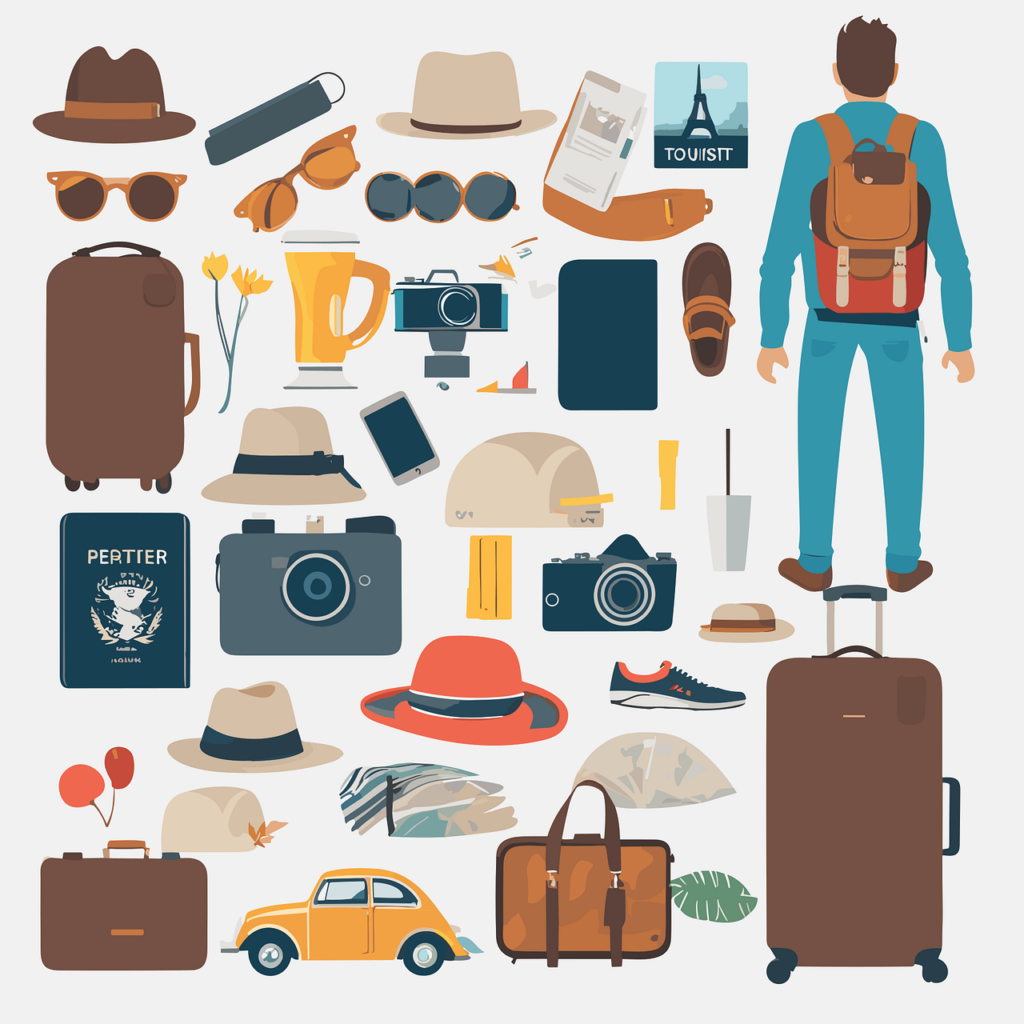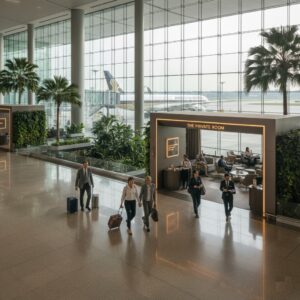In a notable shift in travel behavior, Americans are increasingly opting for longer vacations instead of quick weekend getaways, signaling a growing desire for genuine relaxation and wellness. This trend is largely influenced by the concept of “slow travel,” where individuals prioritize meaningful experiences over rushed itineraries.
Research from the Journal of Happiness Studies suggests that vacations lasting at least eight days can significantly enhance health and well-being, prompting travelers to seek extended stays that allow for deeper immersion in their destinations.
The rise of digital tools and flexible work arrangements is making longer vacations more accessible. With the advent of apps and online resources, planning extended trips has become easier than ever, eliminating the logistical challenges that previously deterred travelers.
Social media platforms and travel blogs now provide endless inspiration, showcasing unique locations and hidden gems that encourage exploration beyond the typical tourist hotspots.
Additionally, the increase in remote and hybrid work has transformed the way Americans approach travel. Many are no longer confined by traditional vacation day limitations, allowing them to blend work with leisure. This flexibility enables travelers to engage with local cultures and lifestyles, enhancing their overall travel experience.
As the hospitality industry adapts to these changing preferences, travelers are poised to enjoy richer, more fulfilling adventures that cater to their need for relaxation and rejuvenation.
















More Stories
Bulgaria’s Tourism Triumph Record 2025 Powered by Neighbors
Poland’s High-Tech Border Revolution: EES Ushers in New Era
Greece Blends History & Flavors: Gastronomy Tourism Revolution